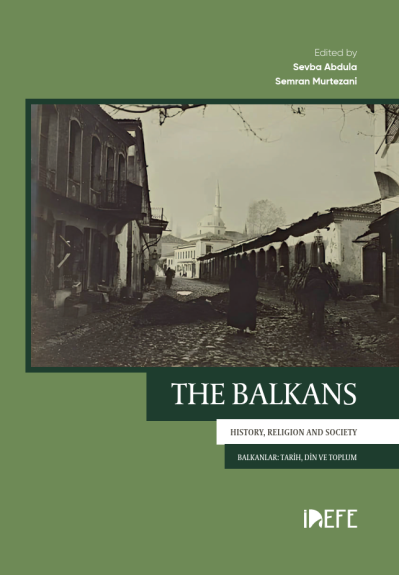Editorial Publishings
What’s Up in Ottoman Studies in Post-War Bosnia and Herzegovina?
Authors
-
Emina MostićUniversity of Sarajevo
Synopsis
The educational path of an Ottoman historian who is not a native speaker of the modern Turkish language and comes from an area where the Arabic script is not in official use is quite complex. In order to read documents and manuscripts, it is necessary to learn the Ottoman language, first the Arabic script and then the basics of Arabic and Persian. It is also necessary to learn the Turkish language and to use it at a high level of proficiency. In addition to all this, it is necessary to follow the production of fellow historians, both those in their home country and those in the Republic of Turkey and the world. It is paradox, however, that there is a significant number of non-Bosnian historians who deal with or try to deal with the history of Bosnia and Herzegovina in the Ottoman period, without being able to follow the scientific production in Bosnia and Herzegovina, due to the language barrier. The goal of this essay is to offer those researchers and all other interested readers a cross-section of the most important research and achievements of Ottoman historians in Bosnia and Herzegovina in the new mil-lennium, i.e. since 2000, primarily written in the Bosnian language. The basis of this essay are the achievements of the Oriental Institute,1 a scientific institution founded in 1950. Among the tasks that the Institute has before it, the ones that stand out are to collect, organize, and process oriental manuscript and archival materials and sources for the history of Bosnia and Herzegovina, to study the cultural heritage of Bosniaks in oriental languages, to study the problems of so-cial, political, economic and cultural history within the framework of Ottoman studies, which makes it the most significant institution for Ottoman studies in Bosnia and Herzegovina. Additionally, achievements of related institutions, both within and outside the University of Sarajevo, will not be neglected. Although the focus of this paper is on works written in the Bosnian language, with the aim of highlighting the efforts of Bosnian researchers to present their results to a wider audience, some articles in English or Turkish will also be included.
Copyright
Copyright (c) 2025 Idefe Publications
License

This work is licensed under a Creative Commons Attribution-NonCommercial 4.0 International License.
Downloads
Publication Information
-
Publication TypeChapter
-
Volume
-
Pages49-70
-
PublishedJune 9, 2025
-
Series
-
Series PositionResearch 5
Abdula, S., & Murtezani, S. . (Eds.). (2025). What’s Up in Ottoman Studies in Post-War Bosnia and Herzegovina?. In The Balkans: History, Religion and Society: Vol. Research 5 (pp. 49-70). Idefe Publications. https://doi.org/10.5331/
